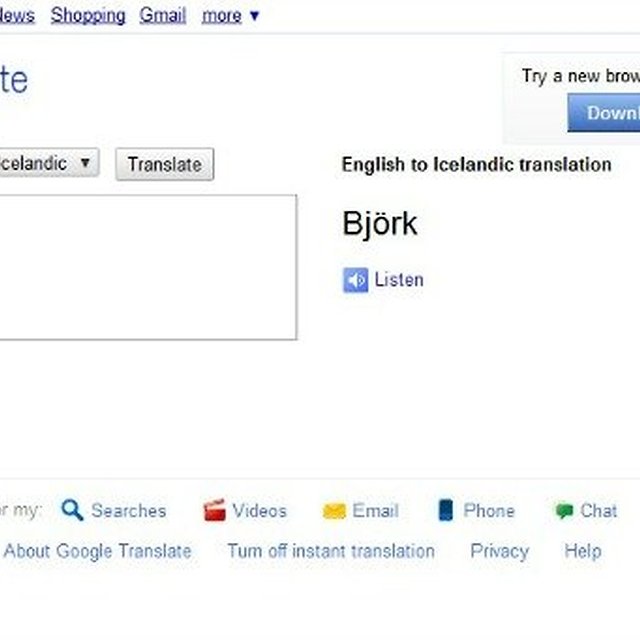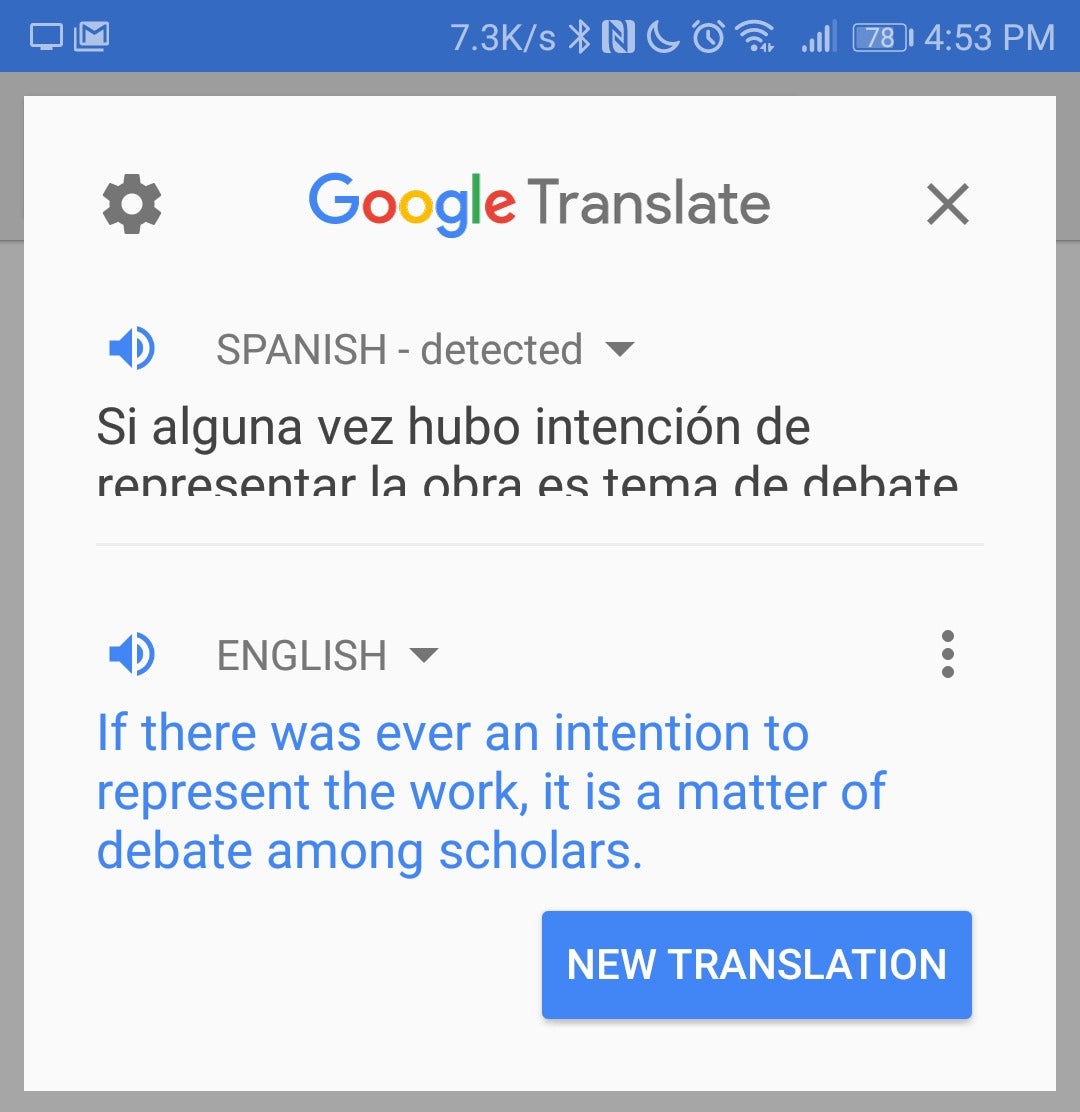

The court held that Salas conveyed effective consent to the trunk search when he opened it at the trooper’s request. Salas was charged and moved to suppress the evidence on the ground that the language barrier voided his consent. This second search uncovered crystal and liquid methamphetamine.

The trooper pointed his fingers to his eyes and twice asked Salas “¿ Puedo buscar?” to which Salas responded “si” both times. Shortly thereafter, the trooper used Google Translate on his phone to formulate a search question in Spanish. Salas responded by opening the trunk, which the trooper closed after a first fruitless search. The trooper then asked, “Can I look? Can I search?” and pointed to his eyes, then to the trunk. The trooper twice asked whether the car contained “ drogas,” which Salas denied each time. A visibly anxious Salas Antuna presented his Mexican driver’s license and revealed his limited English. Salas Antuna, a trooper pulled over the defendant on a Texas highway for a minor traffic offense. But as two recent decisions show, the results are mixed.

Turning to Google Translate seems like a sensible idea. What are police officers to do with pulled-over motorists who speak no or only broken English? They currently cannot expect to call in interpreters on demand.


 0 kommentar(er)
0 kommentar(er)
